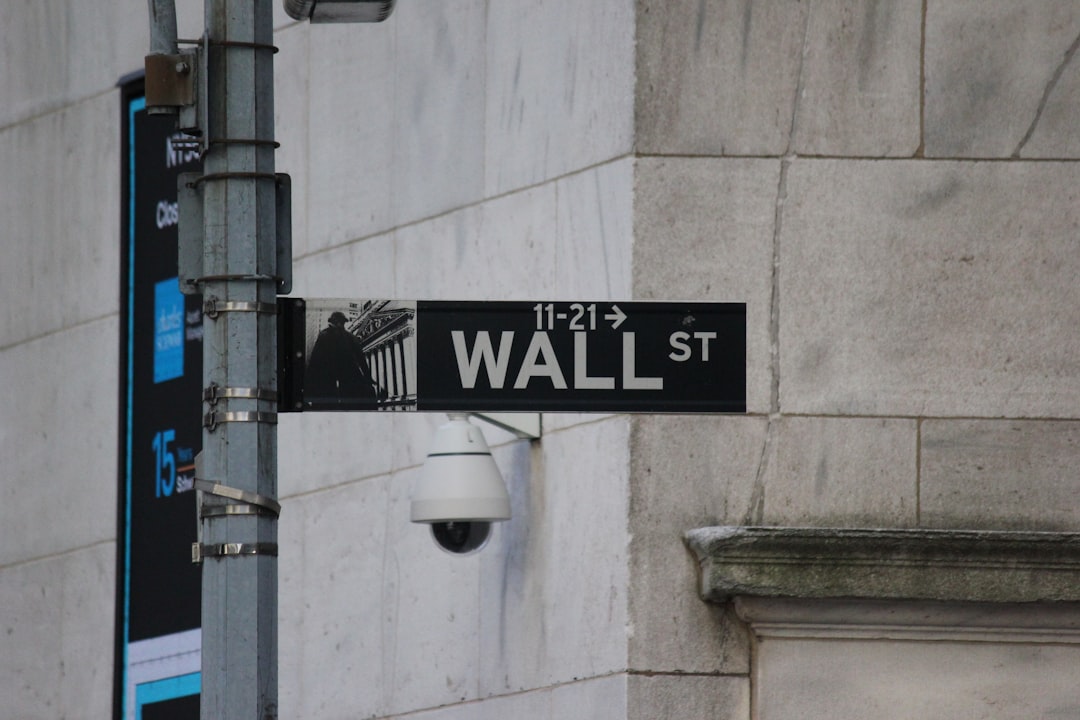Critique of GameStop Documentaries: Missed Opportunities in Explaining the Meme Phenomenon

Meta Description:
Analyze why ‘Eat the Rich’ and ‘Diamond Hands’ documentaries on GameStop fall short in explaining the meme-driven stock market movement.
Introduction
The GameStop stock frenzy of early 2021 captivated the world, highlighting the profound Wall Street impact driven by meme stocks and retail investors. In response, major streaming platforms like Netflix and MSNBC released documentaries titled Eat the Rich: The GameStop Saga and Diamond Hands: The Legend of WallStreetBets, respectively. While these documentaries aimed to dissect the phenomenon, critiques suggest they missed critical opportunities to fully explain the underlying meme-driven dynamics. This analysis delves into why these documentaries fall short and what they could have done differently to better illuminate the complex interplay between social media, retail investors, and traditional finance.
The Attempt to Capture a Digital Story
Reliance on Stock Footage Over Engaging Narratives
Both Eat the Rich and Diamond Hands heavily rely on stock footage, leading to a disconnect between the online nature of the GameStop saga and its cinematic portrayal. Diamond Hands adopts a ’90s MTV aesthetic, which, while stylistically interesting, doesn’t effectively convey the modern, internet-driven essence of WallStreetBets. On the other hand, Eat the Rich appears to compile readily available footage, resulting in a disjointed visual narrative that feels more like generic “content” rather than a thoughtfully crafted documentary.
Missed Artistic Storytelling Opportunities
Documentaries thrive on compelling storytelling and visual engagement. By defaulting to stock footage, both series miss the chance to creatively represent the digital battleground where the GameStop saga unfolded. Engaging visuals that mirror the online interactions, meme culture, and real-time trading actions could have provided a more immersive experience, capturing the true spirit of the movement.
Inadequate Exploration of Influential Figures
Overlooking Key Personalities Like Elon Musk
A significant oversight in both documentaries is the minimal focus on influential figures outside the immediate WallStreetBets community. Elon Musk, for instance, played a pivotal role in amplifying the GameStop movement through his Twitter presence. His ability to sway public opinion and retail investor behavior underscores a critical aspect of the modern stock market’s Wall Street impact. By neglecting Musk’s influence, the documentaries fail to present a comprehensive view of the forces driving the meme stock phenomenon.
Insufficient Coverage of Community Leaders
While Diamond Hands includes several Reddit forum members, it does not delve deeply into the motivations and strategies of these leaders. Profiles like Alisha B. Woods and Matt Kelly are briefly mentioned, but their broader impact and the community-driven tactics they employed are not sufficiently explored. This shallow coverage limits the audience’s understanding of how grassroots movements can challenge established financial norms.
Rushed Production and Surface-Level Analysis
Capitalizing on the Moment Without Depth
Both documentaries appear to have been produced in a haste to capitalize on the immediate buzz surrounding GameStop. This rush results in surface-level analysis without delving into the deeper financial strategies, market implications, and long-term consequences of the meme stock surge. A more paced approach, focusing on the narrative’s intricacies, would have provided a richer, more insightful exploration.
Lack of Contextualization with Historical Events
Eat the Rich attempts to provide historical context by referencing the 2008 financial crisis and its lingering effects on millennials. However, this connection is not fully developed, leaving viewers with an incomplete picture of how past economic downturns influence current retail investing behaviors. A thorough examination of these historical ties is essential to understanding the roots of the GameStop phenomenon and its impact on Wall Street.
The GameStop Documentary Series: A More Promising Approach
Exclusive Interviews and In-Depth Storytelling
In contrast to existing documentaries, the upcoming GameStop Documentary Series promises to offer a more comprehensive and engaging narrative. By leveraging exclusive interviews with key figures, including financial analysts and retail investors, the series aims to provide a nuanced understanding of GameStop’s evolution and its influence on the financial landscape.
High-Quality Production and Modern Narratives
With a focus on high-quality production and visionary storytelling, the series intends to blend historical context with contemporary developments, creating a bridge between past and present financial phenomena. This approach aligns with the project’s goal to captivate audiences interested in finance, business strategies, and modern economic movements, offering a deeper exploration of the Wall Street impact triggered by GameStop.
Conclusion
While Eat the Rich and Diamond Hands attempt to capture the essence of the GameStop stock surge, their reliance on stock footage, lack of in-depth analysis, and oversight of influential figures like Elon Musk hinder their effectiveness in fully explaining the meme-driven stock market movement. The GameStop Documentary Series, however, holds the promise of addressing these shortcomings by delivering a more detailed and engaging narrative that truly reflects the complexities and far-reaching impacts on Wall Street.
Ready to dive deeper into the GameStop saga and its implications on Wall Street? Explore more at Superstonk.io




